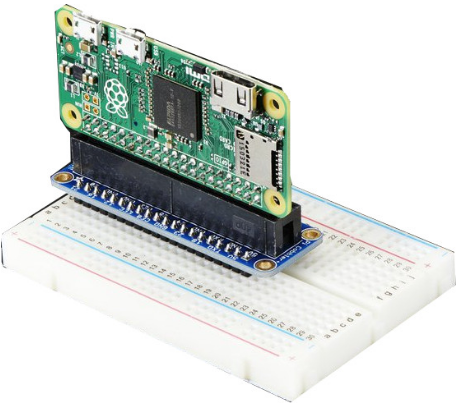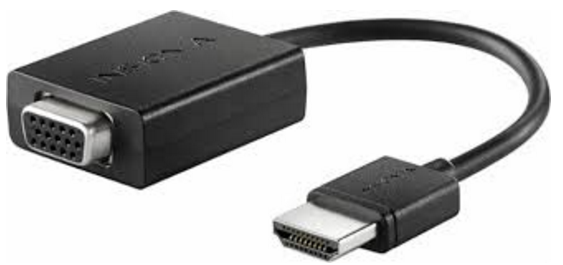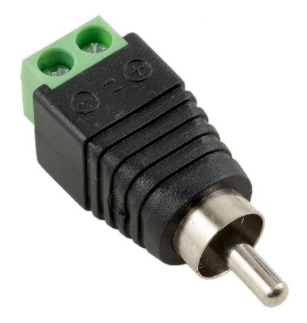While building projects with the new board, there are some other gadgets that you might find useful to work with. The following is a list of some crucial components. Notice that if you buy a Raspberry Pi Zero W kit, it includes some of them. So, be careful and don't double upon them.
- An OTG cable
- PowerHub
- A GPIO header
- A MicroSD card and card adapter
- An HDMI to mini HDMI cable
- An HDMI to VGA cable






































































